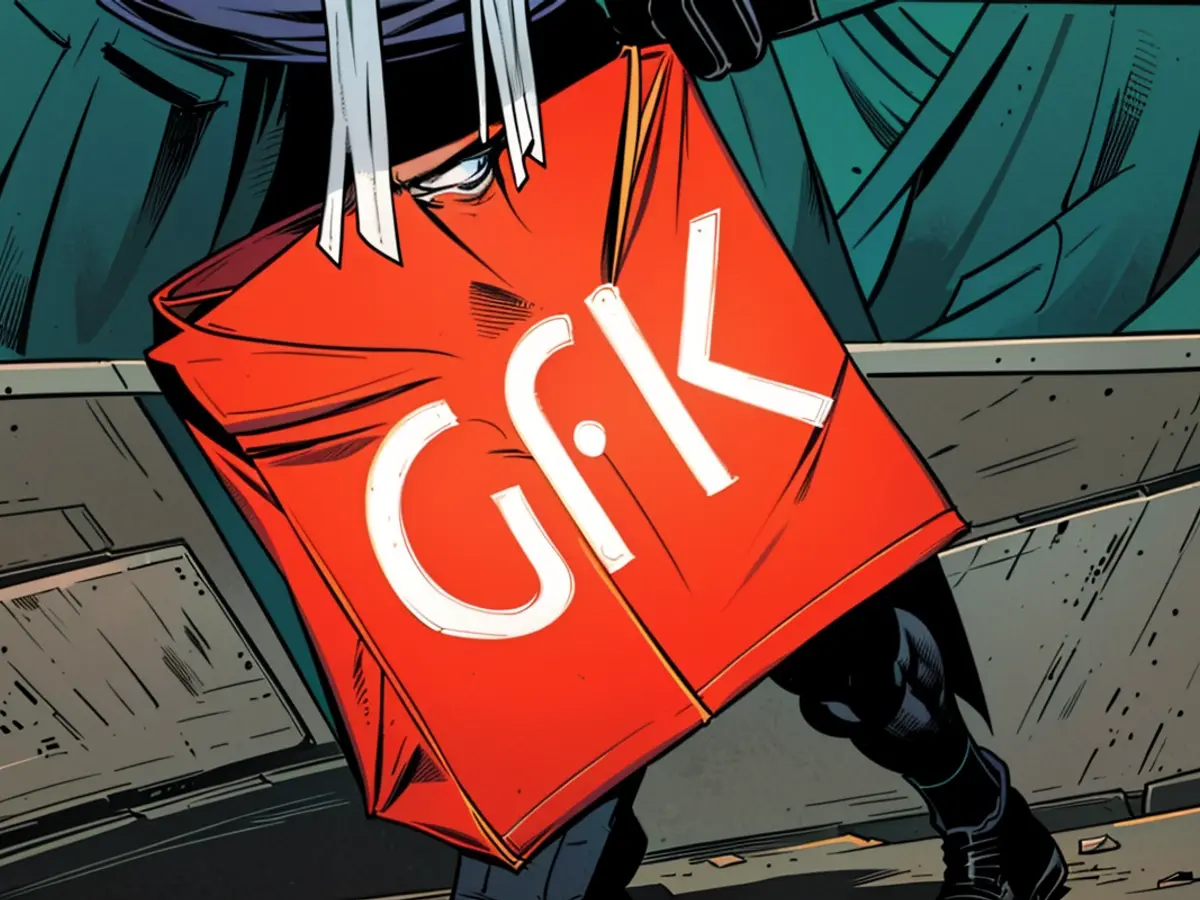- August witnesses a significant decrease in Germany's shopping enthusiasm
Economic slump, increasing bankruptcies, and grim economic forecasts: Consumer confidence in Germany has significantly dropped this month. Following a boost in July, the consumer atmosphere in August took a notable dive, as per the latest consumer climate survey conducted by the Nuremberg-based institutes GfK and NIM.
The forecast for September suggests a drop in the consumer climate index to minus 22 points, a decrease of 3.4 points, the institutes reported. Prior to the COVID-19 pandemic, the index had been relatively consistent at around plus 10 points.
Saving preferences rise
Expectations regarding income and economic development have decreased, along with the desire to spend, while the desire to save has increased.
"Apparently, the excitement induced by the football European Championship in Germany was merely temporary and has since waned. Furthermore, negative reports about job security are causing consumers to become more pessimistic, making a swift comeback of consumer confidence seem unlikely," said NIM consumer expert Rolf Bürkl.
"Rising unemployment numbers, an increase in corporate bankruptcies, and plans by various German companies to reduce staff are causing many employees to worry more about their jobs," Bürkl emphasized.
Most significant decline in nearly two years
Domestic households view their financial situation in the next 12 months as significantly less optimistic than they did a month ago: the income expectations indicator plummeted by 16.2 points. "A more substantial decline in income sentiments within a month was last observed almost two years ago, in September 2022," the two institutes noted - however, inflation rates were significantly higher at that time.
For the monthly survey, the consumer analysts questioned around 2,000 people this time, during the period from August 1 to 12. The client is the EU Commission.
Despite the temporary boost in consumer confidence due to the football European Championship, the mood to buy has significantly decreased due to negative reports about job security and rising uncertainty. The increasing pessimism among consumers and the concern about job losses have led to a rise in saving preferences and a decrease in the desire to spend.








